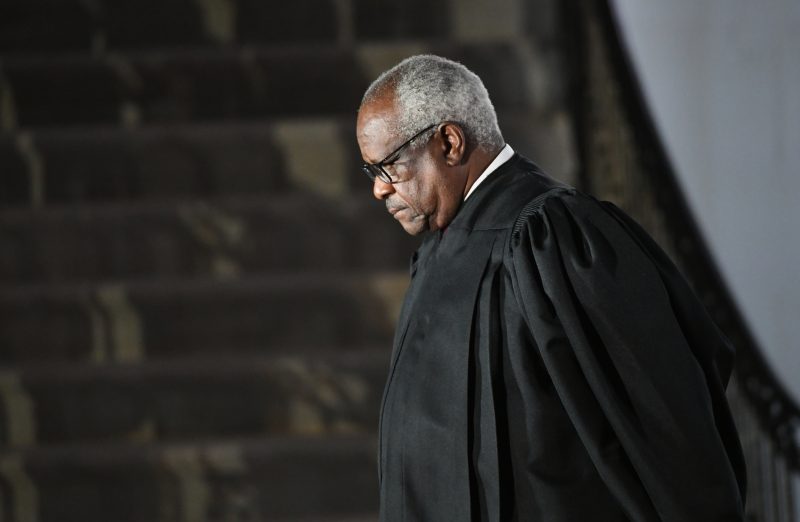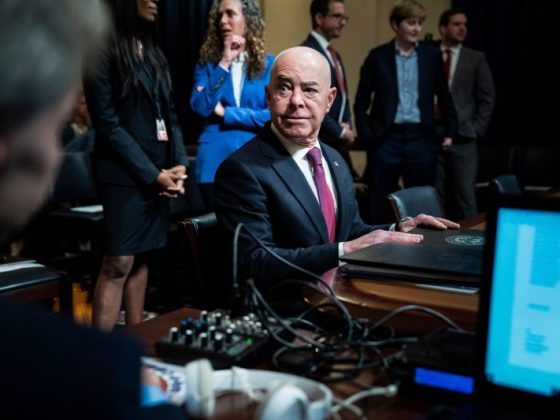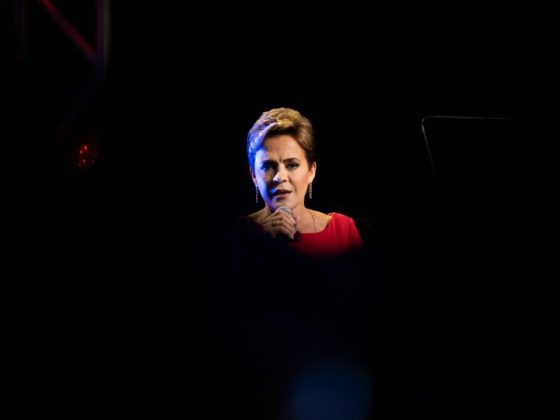Justice Clarence Thomas, a figure of prominence on the Supreme Court bench, has found himself at the center of the whirlwind surrounding President Donald Trump’s legal efforts to challenge the results of the 2020 election. Public attention has zeroed in on Justice Thomas due to his familial ties to the Trump administration – his wife, Ginni Thomas, is a known conservative activist and reportedly an informal advisor to President Trump. These links have sparked a spirited debate, with many advocating for the justice’s recusal from any case pertaining to Trump’s ballot challenges. However, he does not appear to have any intentions of stepping away.
Justice Thomas’s relationship with President Trump is surrounded by speculation and territory uncharted in terms of judicial ethics. Trump had previously made a habit of personally attacking judges who ruled in ways he disagreed with, but Thomas is one of the few he’s consistently praised. Moreover, his wife’s connection with the Trump administration is seen as a potential conflict of interest, causing many to question the impartiality of Justice Thomas should he preside over cases involving the president.
The demand for Thomas to recuse himself centers around the Supreme Court’s Code of Conduct, which suggests that justices should disqualify themselves from proceedings in which their impartiality might reasonably be questioned. Despite no legal obligation to adhere to this code, it sets a standard for ethical behavior aboard the Supreme Court bench. Its guiding principles aim to uphold the highest integrity of the Court and maintain public confidence in its impartiality.
Many legal experts and scholars argue that Justice Thomas’s familial connection to the Trump administration presents such a situation. They maintain that his recusal would not only uphold the standard of impartiality but deter skepticism about the Court’s decisions. This argument assumes greater weight given the intense partisan divide that has colored recent debates about the Supreme Court’s composition and role in American democracy.
However, Justice Thomas seems unswayed by these demands. He has made no public indication that he plans to recuse himself from any potential case involving Trump’s election challenges. Thomas has historically resisted calls for recusal — In 2010, he remained on a case involving the Affordable Care Act despite his wife’s work with groups seeking to overturn it.
It’s worth acknowledging that the push for Justice Thomas’s recusal does not solely come from partisan quarters. Figures across the ideological spectrum have suggested that he consider the broader institutional integrity of the Supreme Court. Yet, the justice remains resolute.
In conclusion, Justice Thomas’s decision to not recuse himself from election-related cases reflects a thorny intersection of personal relationships, institutional integrity, and partisan politics. Whether such a choice will jeopardize the reputation of the Supreme Court remains a question, and one that may only be answerable in hindsight. The case continues to convey the relevance of judicial ethics in the nation’s highest court and reinforces the need for the public’s confidence in the Supreme Court’s impartiality.











